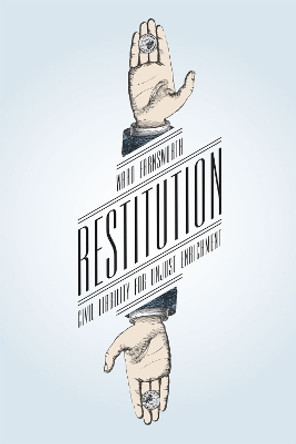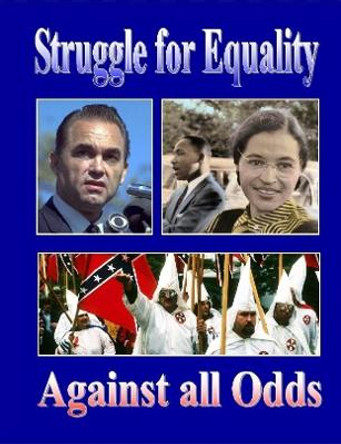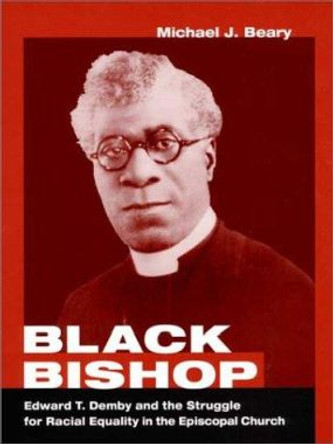The question of economic justice for Black Americans continues to be the subject of contentious political debate. Here, Michael K. Brown examines the meaning of racial equality during three transformative periods when economic opportunity appeared to be a real possibility: Reconstruction, the New Deal, and the Great Society. Political leaders who believed slavery and Jim Crow degraded Black people enacted policies to rehabilitate formerly subjugated individuals. Black Americans, on the other hand, repudiated the idea that they were damaged people in need of repair. Repeatedly, Black people's vision of economic justice was based on antiprivilege egalitarianism, the idea that a just restitution for their oppression required abolishing the political and legal privileges whites had acquired. Black opposition reveals what was at stake at each historical moment and what might constitute economic justice in the twenty-first century.
About the AuthorMichael K. Brown is Professor Emeritus of Politics at University of California, Santa Cruz. He is author of
Race, Money, and the American Welfare State and coauthor of
Whitewashing Race: The Myth of a Colorblind Society.
Book InformationISBN 9780520410107
Author Michael Kingsley BrownFormat Hardback
Page Count 328
Imprint University of California PressPublisher University of California Press







